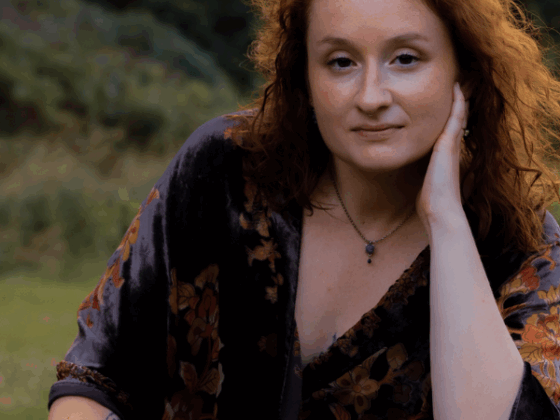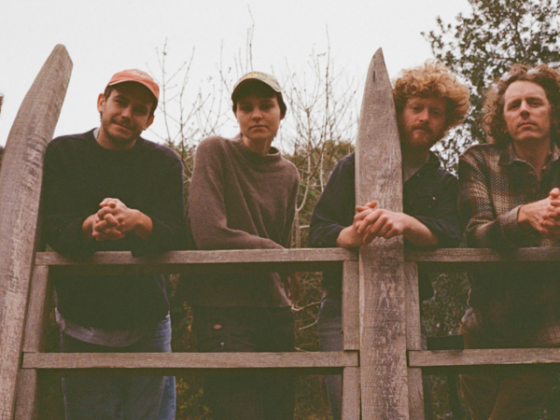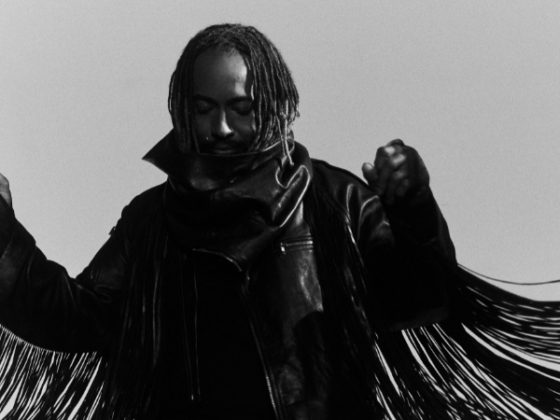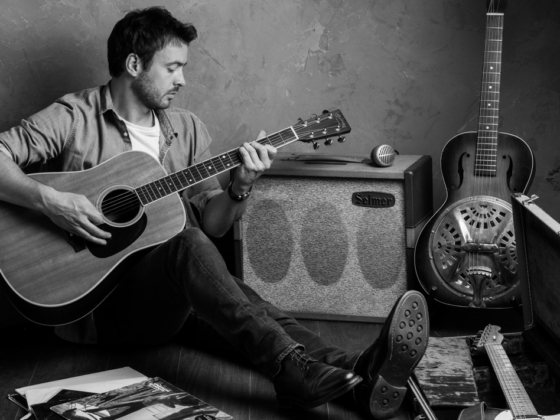When an artist’s debut feels less like an introduction and more like a seismic shift, you know you’re witnessing something rare.
London-based songwriter Lila Tristram emerges from two years of careful, patient recording with an album that is both intimate and expansive—a record that captures the hushed vulnerability of her folk roots while fearlessly stepping into the rawer, more turbulent waters of indie rock.
The album America is a transformation. Her songwriting has always leaned toward the poetic, but here it’s framed by bold textures and a scope that feels cinematic. It’s a dismantling of illusions—about the American dream, about youth, about what we choose to believe in—and it sets the stage for a record that continually pushes against comfort.
“Making America changed my life. These songs have taught me so much, about what it means to be a musician, and what it means to be alive.” – Lila Tristram
One of the most striking qualities of America is its willingness to roam. The jagged dissonance of Martha May and the synth-led shimmer of Baby could hardly be further apart sonically, yet Tristram threads them together with a lyrical through-line steeped in longing and reflection. That duality—her ability to move between fragile acoustic ballads and wall-of-sound crescendos without losing cohesion—makes the record feel like a journey rather than a collection of songs. There's gorgeous moments in the ethereal nature of the lead single Strawberries—a surreal, Jung-inspired meditation on the subconscious—feels like the album’s most daring track, morphing mid-song from whispered introspection into a pulsing, synth-driven trance.
The record closes with Hallelujah, a nine-minute epic that defies modern streaming logic in its patience and scale. What begins as a meditation on love eventually dissolves into something wordless, almost spiritual—an instrumental passage that suggests unity and release, offering the listener space to breathe after the album’s intensity.
Tristram never abandons the delicacy that first marked her as a folk talent, but here she stretches those roots into something darker, louder, and more cinematic. For fans of artists like Laura Marling or Marika Hackman, there’s plenty of familiar ground, but Tristram is carving out her own lane—one where vulnerability and experimentation walk hand in hand.
This is an album that lingers, that unsettles, that demands to be sat with. And in a world addicted to immediacy, that patience feels like its own quiet rebellion
Listen to the full album below











